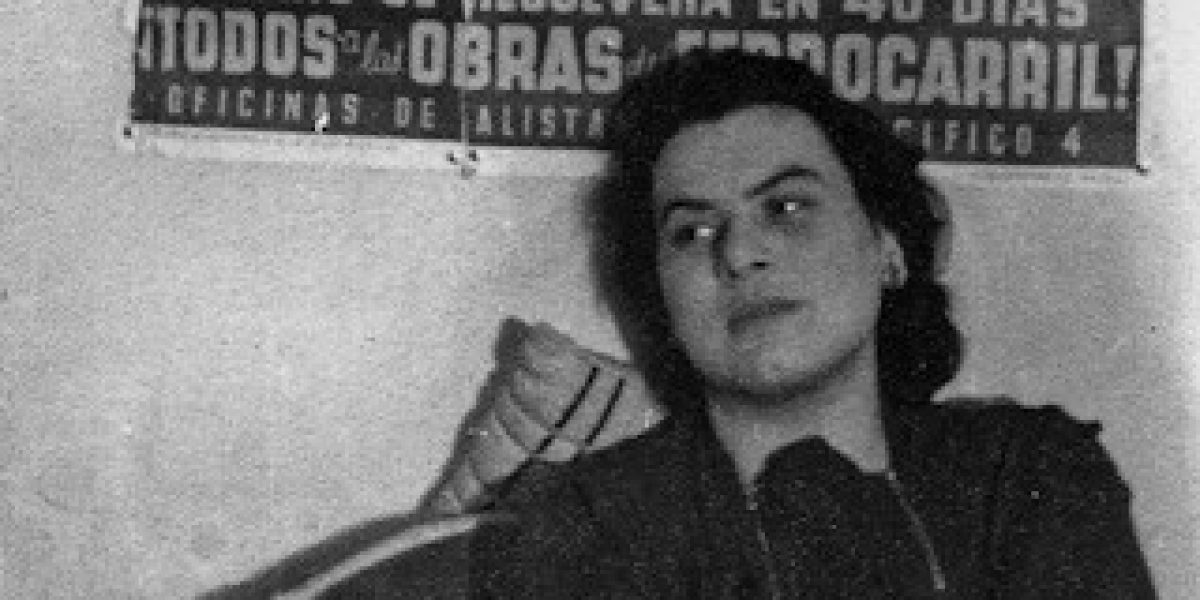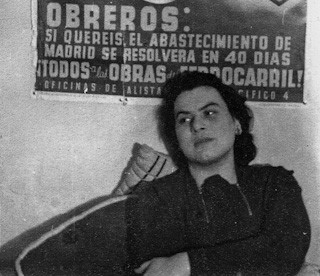Documentary Poetry: Politics of Memory and the 'Desire for an Archive'

Faculty:
Course Schedule:
September 26 – November 21, 2024 | Thurs 17:50 – 19:10 CET (Berlin)
Fall 2024: September 26 – October 24
Subject: WRIT (Written Arts)
Course Level: 300
Number of Credits: 1 U.S. / 2 ECTS
Max Enrollment: 22
Schedule: 10 weeks (September 26 – November 21), Thursday 17:50 – 19:10 CET (Berlin) | 11:50 – 13:10 EDT (New York)
Language of Instruction: Russian
Course Prerequisites: Russian B2 / Equivalent or higher
Course Description
The course introduces different types and strategies of documentary poetry writing, one of the most curious trends in contemporary literature, which has been developing intensively during the last three decades. By using legal and historical materials, public and family archives, ego-documents and folklore, journalistic reports and news reports, photo and video archives, as well as sociological and ethnographic research as its sources, the authors of documentary poems are dealing with what Wallace Stevens called “the pressure of reality.” These practices significantly expand our understanding of what poetic form can be today. When creating documentary poetry, research methods similar to those of the humanities — sociology, anthropology, history, etc. — are also widely used. By exploring theoretical and critical works on contemporary documentary poetry, memory politics, and trauma theories, we will discuss the ethics and politics of documentary writing, problems of artistic appropriation and the “poetics of testimony”, forms of individual and collective authorship, as well as the boundaries of poetic work on personal and collective memory.
How can a document be “transposed” (V. Lekhtsier) into a poetic text? What is the genealogy of documentary poetry and how is it related to avant-garde and conceptual practices of poetry writing? How does the subject of documentary poems differ from the lyrical subject? Can a documentary poem be perceived as research, and what kind of work, in addition to the writing itself, does it include? How can documentary poems help us experience and comprehend traumatic historical and political events? Can documentary poetry be a form of political resistance? And, finally, can documentary poetry, as Donovan Kūhiō Colleps suggests, “inverse the colonial/ imperial powers of documents”?
We will deal with these and other questions by reading and analyzing poems by Charles Reznikoff, Muriel Rukeyser, M. NourbeSe Philip, Philip Metres, Jena Osman, Mark Novak, Banu Kapil, Don Mee Choi, Sasha Dugdale, Hanna Komar, Oleksandr Averbukh, Jean-Patrice Courtois, Daria Suzdalova, Aiya Musakhan, Ida Börjel, Mikhail Sukhotin, Lida Yusupova, Maria Malinovskaya, Sergey Zavyalov, etc.
The course also includes creative work, aimed at interdisciplinary and poetic work with documents.
Guidelines for the Statement of Purpose:
When applying for the program, a candidate must submit one or more of their literary pieces (in the form of poetry, prose, essays, hybrid genres, etc.) or links to already published research, essay, or literary works on the topic of the course.
Application Portal Instructions:
1) Use the Latin alphabet for all entries on the portal, including your name. If the Language of Instruction is Russian, you may use Cyrillic only within the Statement of Purpose file, and the title of the file should still be in English.
2) Refrain from using email addresses associated with Russian or Belarusian educational institutions.
3) While completing the “Required Information” section, ensure you fill in the “Province” field for your address.
4) Provide an address outside Russia or Belarus in both the “Required Information” and “Geographic Location Confirmation” sections of the “Online Course Application”. This ensures we can send your transcript.
5) You must press the “Sign” button twice during the application.
6) If you hold a bachelor’s degree, select “4th+” in the “Academic Year (online)” section.
7) Applicants either unaffiliated or affiliated with educational institutions in Russia and Belarus should list ‘Smolny Beyond Borders’ as their educational institution.
8) In the student ID section, enter ‘SBB’.
9) Consider drafting your motivation letter ahead of time. Save it as a separate file with this format: LastName_FirstName_CourseTitle for a smoother application process.
